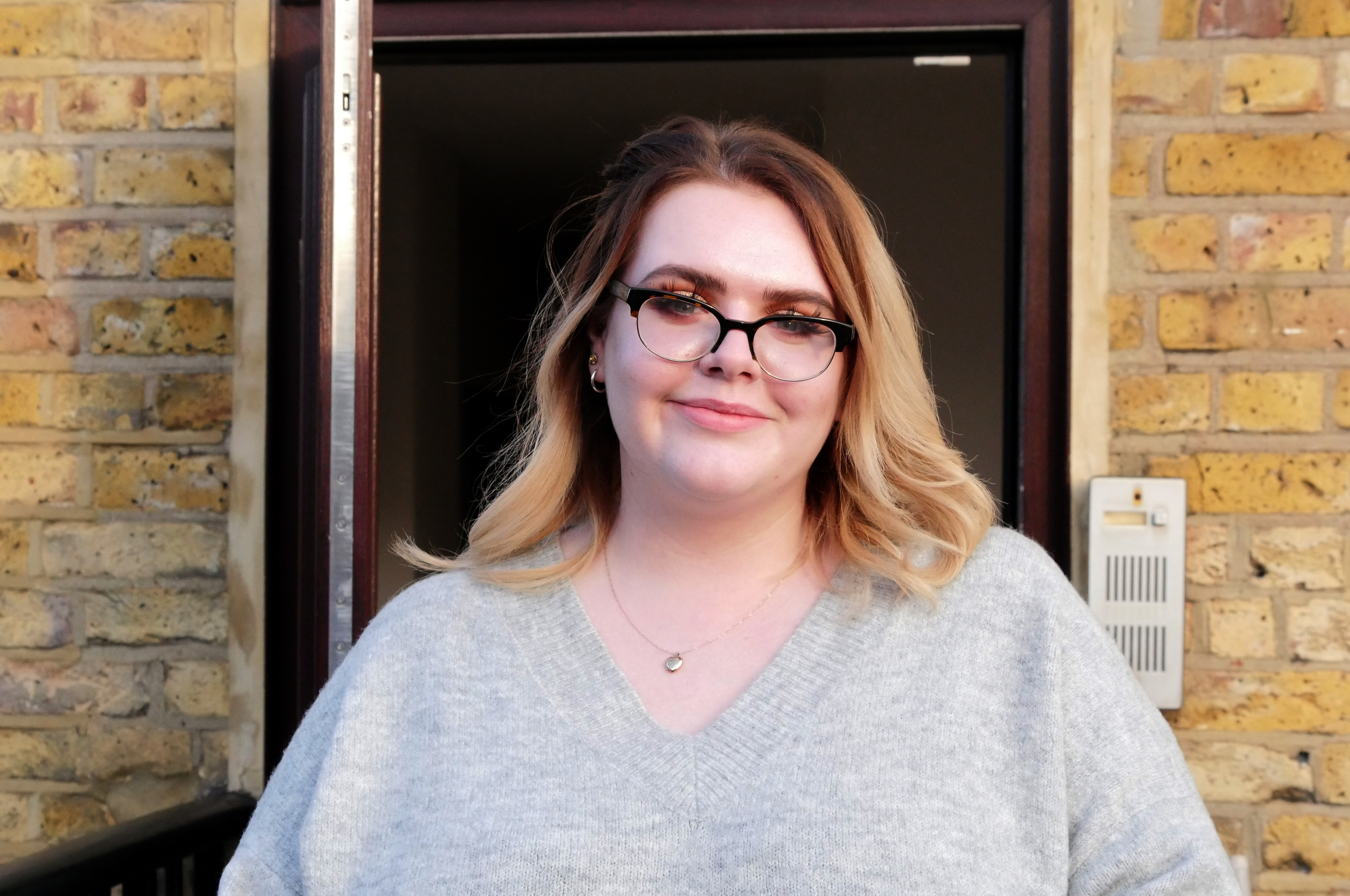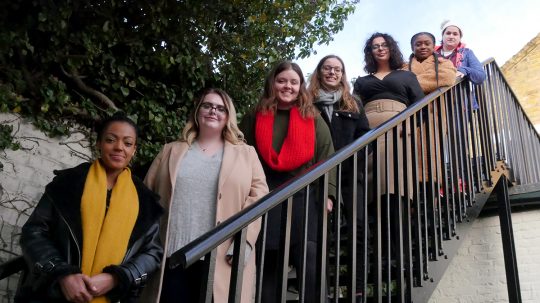Content warning: The following article includes conversations about mental health that some might find sensitive.
Every four minutes, the Metropolitan Police service receives a call about a mental health concern. In 2022, the number of children aged seven to 16 who were experiencing a mental health issue rose to one in six.
António was diagnosed with undifferentiated schizophrenia and emotionally unstable personality disorder. Now, the multi-award-winning mental health activist is sharing his story, and explaining how a upcoming campaign aims to improve how the police respond to people experiencing mental health issues.
As a teenager, I went through a traumatic experience of mental ill-health. Then, at around 15, I succumbed to unhealthy pressures and expectations that my peers, teachers, and family had built.
As a young black male, I felt it imperative to live up to cultural and societal expectations – good grades, a promising career, no vulnerabilities – and to have no weaknesses. I chased after this so much that I put my wellbeing aside. I grew up wanting to play football and become a professional footballer. However, this seemed to be for everyone else; I was destined to be a doctor or a lawyer, something a bit more formidable. Furthermore, growing up, I didn’t talk about how I was coping or if I was struggling. These were the sour lemons that led to a severe mental illness.
When my behaviour began to shift and became apparent to my family and teachers, it was suggested that my GP see me. I was confrontational, isolating myself. The first indicator for my family was a heated argument with my brother. For my teachers, it was the first detention I’d received in my academic life – for gross defiance.
You can’t take a fish out of water and ask it to climb a tree
After being seen by my GP, I was referred to a local Child Adolescent Mental Health Service (CAMHS). Now in uncharted territory, I struggled further. It was difficult, trying to articulate what was going on in my mind – my vocabulary didn’t consist of weaknesses and vulnerabilities – I didn’t know how to talk it out.
Likewise, I was continuously and consistently misunderstood; a teacher at my high school completed questionnaires provided by my psychiatrist. They displayed me as perfect – what I assume they thought was being helpful at the time. Meanwhile, my football club would dismiss my impulsive behaviour as anger issues.
It felt like I was a fish being taken out of water and told to climb a tree. The fear of judgment and failure was unbearable. So, with the pressure increasing while hope decreased, I subscribed to my first mental health crisis and attempted to take my own life.
On the day I had planned to take my own life, I called my CAMHS and anonymously told them I intended to harm myself. Fortunately, they were able to pinpoint me, when I eventually agreed to provide them with only my date of birth. However, not long after, I was taken out of my class by a senior staff member and led by my brother to the local CAMHS office.
Blamed, shamed and ridiculed by police officers
I experienced overbearing auditory hallucinations at that moment, so I felt forced to act upon the voices I heard. I attempted to complete my plan to end my life in an office where my brother, my psychologist, my psychiatrist and I were all sitting, discussing the phone call I had made earlier that day. Then my psychiatrist/psychologist alerted emergency services as they evacuated the room. My brother remained with me and he successfully de-escalated the crisis.
Fortunately, I, along with everybody else, was not harmed. However, as the ambulance was dismissed, the Met Police insisted the situation became a criminal investigation. Therefore, the officers arrested me for affray under the Public Order Act 1986. In other words, for potentially putting the lives of others at risk.
I was taken to a police station and remained in custody. Afterwards, I was released under ‘no further action’ and was escorted to the local general hospital. Again, I was blamed, shamed and ridiculed for my actions by the officers who were escorting me. Ultimately, I ended up in a psychiatric unit under the Mental Health Act.
Nonetheless, after many years, I learned to channel the anger, frustration and resentment that I’d held towards the police into something positive – wanting to lend my experience to support better outcomes.
Hear Me Speak looks to improve police responses to mental health
Based on my experience and that of others, it is clear that the guidance and training police officers receive around mental health could be strengthened. Officers should have the appropriate knowledge and skills to respond compassionately to people experiencing mental distress.
The Hear Me Speak campaign invites organisations responsible for providing guidance and training to police forces across the UK to take note of evidence of the failures of the current approach to policing mental health problems and the urgent need for change.
There has been a continuous rise in mental health problems in children and young people in recent years. The Metropolitan Police service receives a call about a mental health concern every four minutes. They send an officer to respond to a mental health-related call every 12 minutes.
Only a few forces seek out the views of people with lived experience and involve them by way of consultation on the design of future services. Additionally, the number of people detained by the police under section 136 of the Mental Health Act has increased in recent years.
Hear Me Speak is, therefore, a campaign that calls on the Independent Office for Police Conduct, the Mayor’s Office for Policing and Crime, the National Police Chiefs’ Council, the Association of Police and Crime Commissioners, the College of Policing, the Home Secretary and the Home Office to strengthen legislation, guidance and training around policing in relation to a mental health crisis and, crucially, to involve those with lived experience in shaping this legislation, guidance and training from start to finish.
The campaign’s vision is to contribute to systemic and longer-term change by instigating adequate training and support so that the police can better deal with mental health crises accurately and sensitively.
In my world, young and black people with mental health problems should be treated fairly and equally – without being discriminated against.
The Hear Me Speak campaign will launch on Wednesday 24 May.
The views expressed in this article are those of the author and do not necessarily reflect the views of EachOther.
About ‘The Inspired Source’ Series
This series is part of our work to amplify the voices of aspiring writers that are underrepresented in the media and marginalised by society. Each piece examines a human rights issue by which the author or their community is affected. Where possible, authors outline a position on how we might begin to address the issue. Find out more about the series and how to send us a pitch on this page.





